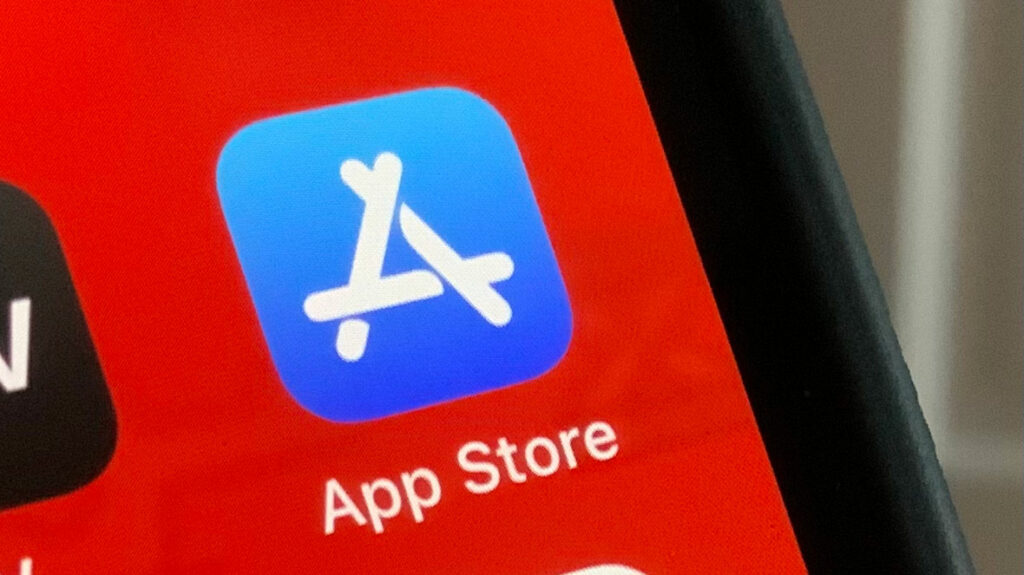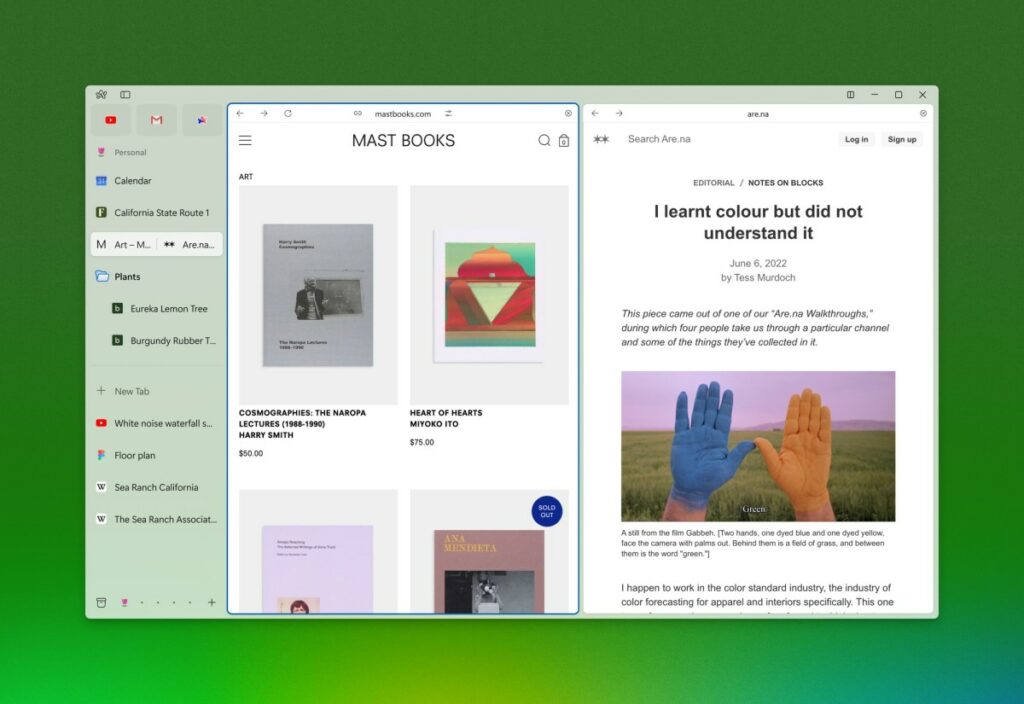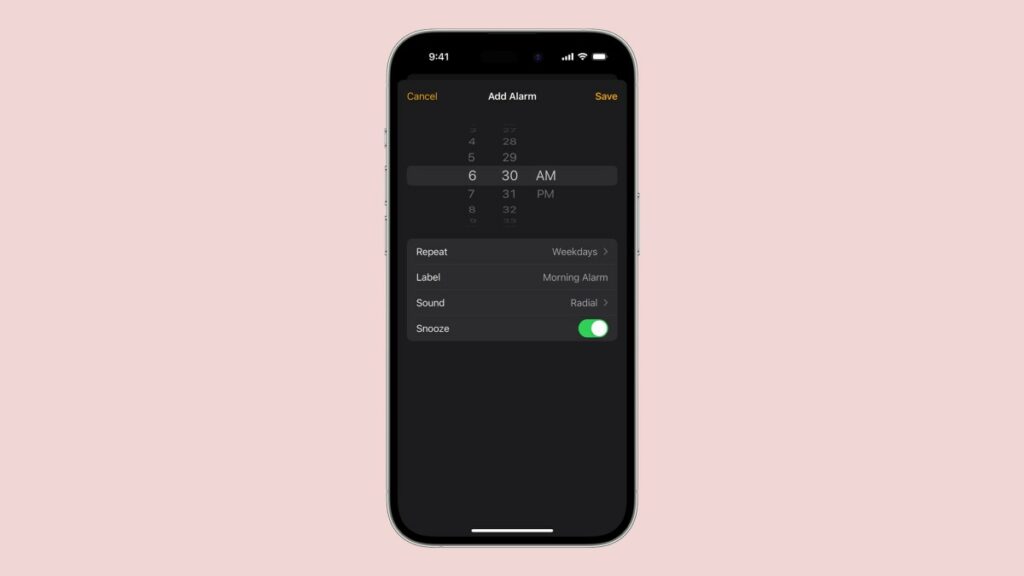Just ahead of its Worldwide Developers Conference next month, Apple on Thursday announced new figures related to the U.S. App Store’s financial success. The company says its U.S. App Store ecosystem has generated $406 billion in developer billings and sales in 2024 — a figure that’s nearly tripled in size since 2019, when it then generated $142 billion.
Apple also made a point to note that, for 90% of the billings and sales facilitated by the App Store, developers paid no commission.
The new figures come from an Apple-funded study conducted by Professor Andrey Fradkin from Boston University Questrom School of Business and economist Dr. Jessica Burley from Analysis Group. The Analysis Group has been working with Apple for years amid growing antitrust scrutiny to create reports and studies that showcase the App Store’s market power in a more favorable light and as a net positive for developers.
In particular, these studies have stressed that only a small sliver of Apple’s developer base even pays Apple commissions, and the majority of those who do so are on a Small Business plan or other programs where their commission is reduced from the standard 30% to 15%.
However, those findings haven’t protected Apple from being forced to open up the App Store to increased competition in the U.S.
Last month, U.S. District Judge Yvonne Gonzalez Rogers ruled that Apple had violated the court’s order arising from Fortnite maker Epic Games’ lawsuit that had required Apple to reform its App Store’s policy around external payments. As a result of that ruling, Apple was forced to let developers add links to their app that point to web payment options, where Apple is not allowed to take a commission.
Apple is now in the process of appealing the ruling.
The years-long fight over App Store commissions has led to increased hostility and disappointment from members of the iOS developer community, who believe that their applications are part of the reason for the iPhone’s historical success. Many feel they should be treated with more gratitude for their efforts, and not as a resource to extract money from.
Apple, on the other hand, staunchly believes that the App Store itself is the reason for the developers’ success, as it provides the marketplace that allows consumers to discover new apps and easily pay for the developers’ software and services.
That comes through in Apple’s latest report as well, where Apple notes that earnings for U.S.-based developers have more than doubled over the last five years, while small business developers have seen earnings increase by 76% from 2021 to 2024. (The latter number is not surprising. In 2020, Apple launched its Small Business Program that reduced commissions for developers making less than $1 million per year. An earnings increase is to be expected.)
Apple also reminds U.S. developers that its App Store allows them to reach a global market of 175 countries and regions, and it prevents billions in fraudulent transactions. Its developer investments include 250,000 APIs, as part of frameworks like HealthKit, Metal, Core ML, MapKit, and SwiftUI.
Additionally, the new report highlights how much developers are making from the App Store in areas where they don’t have to pay commission.
For instance, Apple says that last year, the U.S. App Store ecosystem facilitated $277 billion in total billings and sales from physical goods and services, $75 billion from in-app advertising, and $53 billion from digital goods and services. It also notes that, since 2019, spending on physical goods and services more than tripled and in-app spending on digital goods and services and in-app advertising more than doubled. General retail spending and grocery delivery increased more than fourfold.


